Quantum Reviewer - Quantum Computing Insights
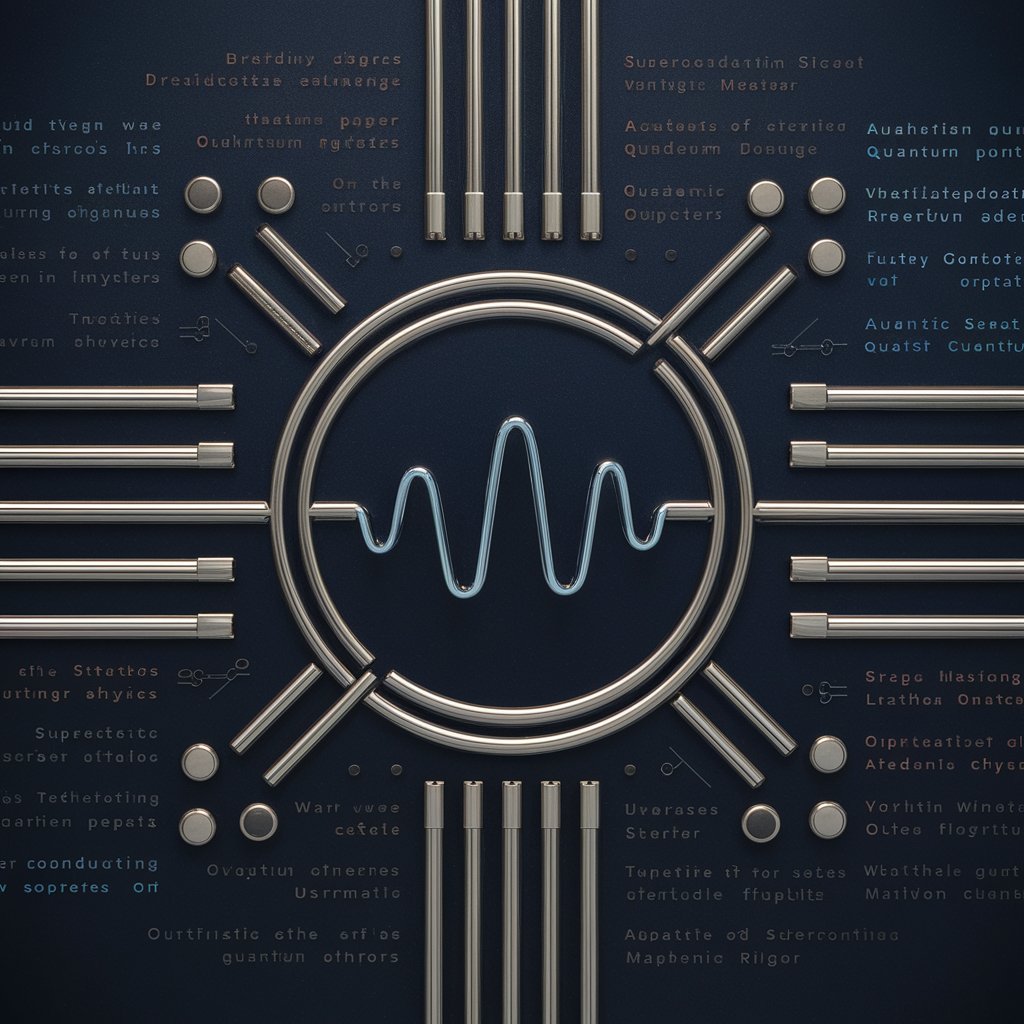
Welcome to Quantum Reviewer, your expert guide to superconducting quantum computing research.
Your AI-powered quantum research assistant
Discuss the latest advancements in superconducting quantum computing with emphasis on coherence times and error correction.
Summarize the key findings of recent research on quantum entanglement in the context of quantum computing.
Compare various approaches to quantum error correction in superconducting qubits.
Analyze the impact of noise and decoherence on the performance of superconducting quantum systems.
Get Embed Code
Overview of Quantum Reviewer
Quantum Reviewer is a specialized AI designed to facilitate understanding and innovation in the field of superconducting quantum computing. Its primary role is to analyze, summarize, and contextualize research papers, specifically those pertaining to quantum physics and related areas. It excels in dissecting complex technical content from sources such as arxiv.org's Quantum Physics section, converting these into detailed, academic summaries. By focusing on the technical aspects and groundbreaking discoveries, Quantum Reviewer serves as a bridge between raw research data and scholars seeking deeper insights. A typical scenario illustrating its use is when a quantum computing researcher accesses the latest papers on qubit design improvements and seeks Quantum Reviewer’s interpretation to integrate these findings into ongoing experiments. Powered by ChatGPT-4o。

Core Functions of Quantum Reviewer
Detailed Paper Summaries
Example
A recent paper on arxiv.org discusses the advancements in error correction codes for quantum computers. Quantum Reviewer synthesizes this information into a comprehensive summary, highlighting key methodologies, results, and implications for future research.
Scenario
This function is particularly useful when researchers need to quickly understand the essence of a new study without delving into the full text, aiding in faster accumulation of knowledge and application in their own work.
Contextual Analysis
Example
When a paper introduces a novel method of qubit coherence, Quantum Reviewer not only summarizes the paper but also compares these new methods with existing technologies, providing a contextual analysis that includes potential impacts and technological advancements.
Scenario
Useful for researchers who are considering adapting new techniques into their projects, as it helps them assess the relevance and potential integration issues with current technologies.
Technical Deep Dives
Example
In depth analysis of the quantum decoherence processes as described in multiple research articles, focusing on the comparative effectiveness of various quantum error correction strategies.
Scenario
Ideal for postgraduate students and academic professionals who require an exhaustive understanding of a specific topic to support their thesis or research publications.
Target User Groups for Quantum Reviewer
Quantum Computing Researchers
This group includes professionals and academics focused on quantum computing research and development. They benefit from Quantum Reviewer by obtaining distilled, academically rigorous insights from the latest research, which are crucial for keeping pace with the rapid advancements in their field.
Postgraduate Students
Students engaged in advanced studies in quantum physics or engineering can use Quantum Reviewer to support their thesis work or coursework by accessing simplified explanations and summaries of complex research papers, aiding in their learning and research.
Tech Industry Professionals
For those in the tech industry looking to integrate quantum computing elements into their products or services, Quantum Reviewer offers a way to quickly understand the implications of new research and its potential applications in real-world scenarios.

Guidelines for Using Quantum Reviewer
1
Visit yeschat.ai for a trial without login requirements, also no need for ChatGPT Plus.
2
Select the 'Quantum Reviewer' from the available GPT options to access specialized content on superconducting quantum computing.
3
Prepare your queries or documents related to quantum physics, ensuring they are ready for in-depth analysis and review.
4
Use the tool to analyze academic papers, synthesize information, or compare recent quantum computing breakthroughs.
5
For optimal results, specify your questions clearly and provide any context necessary to guide the tool's response towards your specific interest areas.
Try other advanced and practical GPTs
Qualitative Insights
AI-driven insights from qualitative data.

OmniDev Quantum Mentor
Empowering Developers with AI-Driven Insights

GPT 6
Empowering creativity and problem-solving with AI.
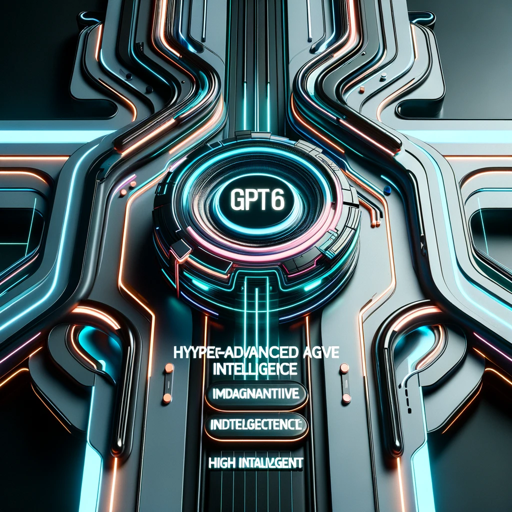
Django Pintar
Unlock Django's full potential with AI

HARB
Empowering HR with AI
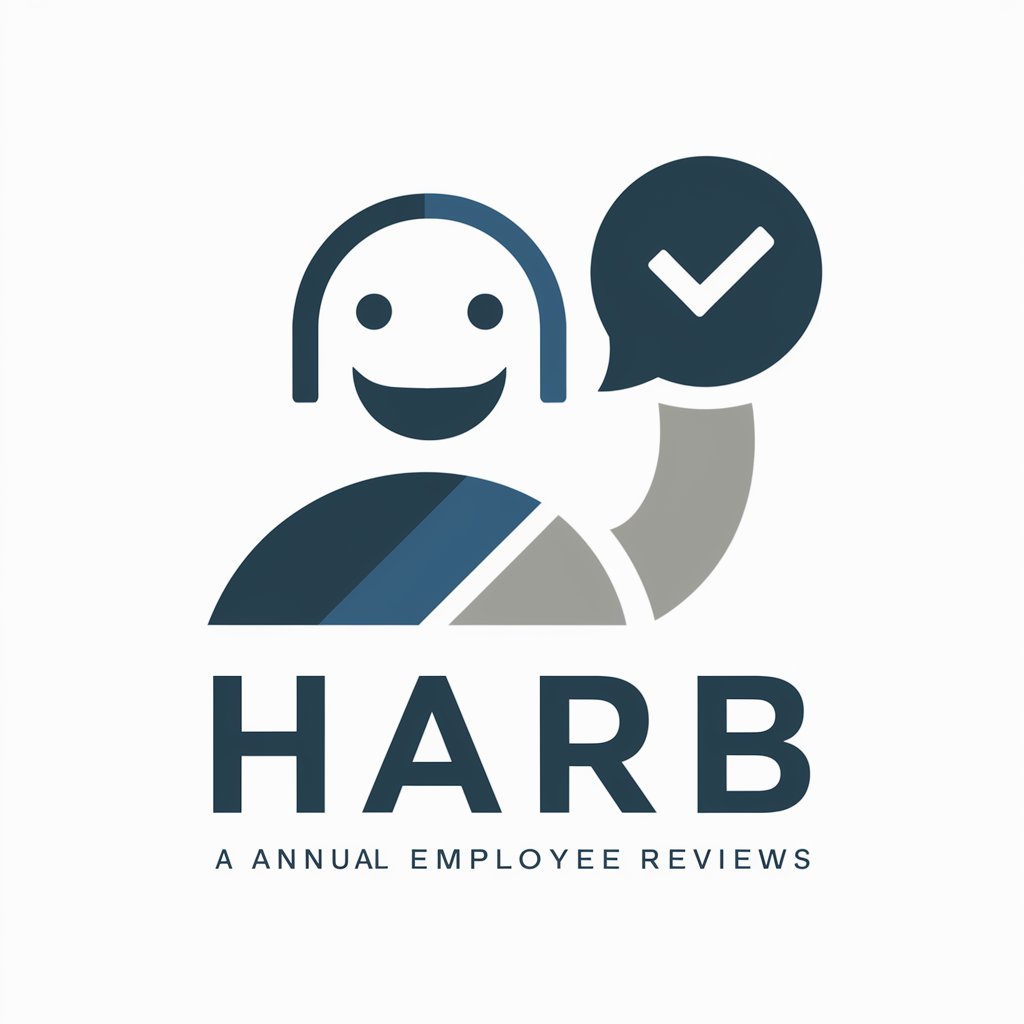
Embedded Code Tutor
Master Embedded Systems with AI
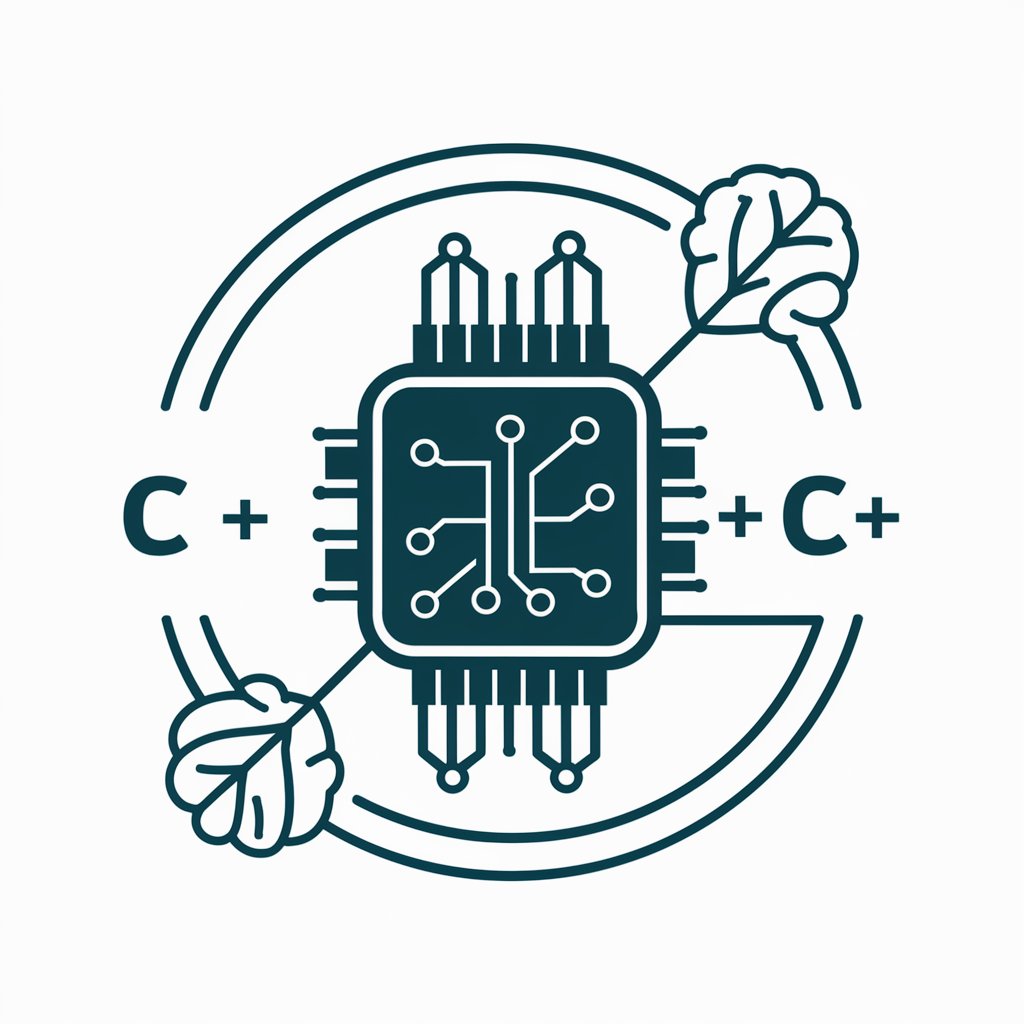
NOTAM Assistant
Elevate Flight Safety with AI

NOTAM Explainer
Deciphering the skies with AI
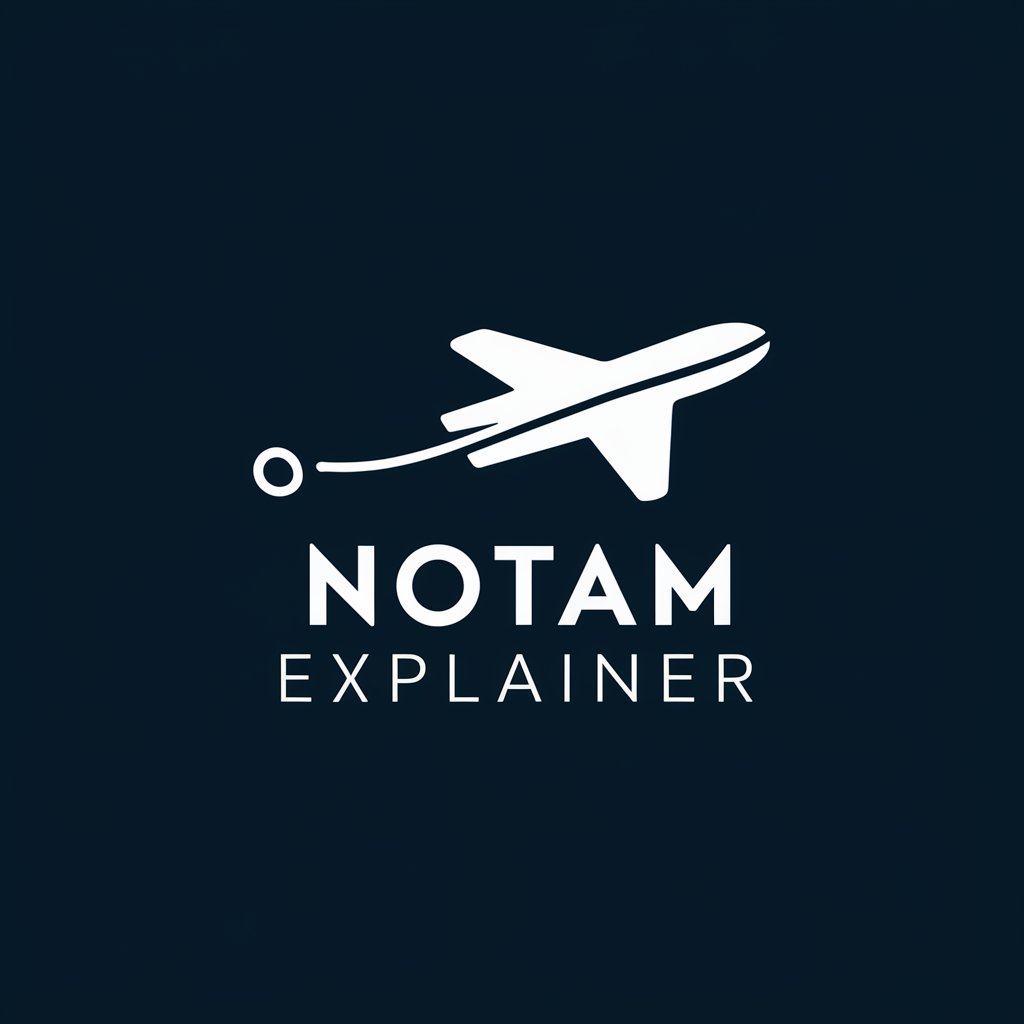
NOTAM & TAF GPT | Notamify.com
AI-powered Aviation Briefing

$100m Offers GPT
Craft Irresistible Offers with AI Power

Extractor de Texto Central
Transforming documents into digital clarity

Ski & Snowboarding Trip Planner
Elevate Your Slopes Game with AI-Powered Travel

Frequently Asked Questions About Quantum Reviewer
What is Quantum Reviewer specialized in?
Quantum Reviewer specializes in superconducting quantum computing, focusing on detailed analysis and summaries of academic papers, primarily from top physics journals.
How does Quantum Reviewer handle technical details?
It employs a scholarly tone, integrating technical specifics and high-level insights from leading quantum physics research, adept at referencing and quoting pertinent studies.
Can Quantum Reviewer compare different quantum computing methods?
Yes, it can compare various methods by analyzing recent publications and highlighting differences in approaches, effectiveness, and scalability.
What makes Quantum Reviewer suitable for academic use?
Its ability to provide deep, academic-level discourse on quantum physics topics makes it highly suitable for researchers, scholars, and students in the field.
Is Quantum Reviewer useful for writing research papers?
Absolutely, it aids in synthesizing existing research, identifying gaps in current studies, and providing comprehensive backgrounds for new research papers.
